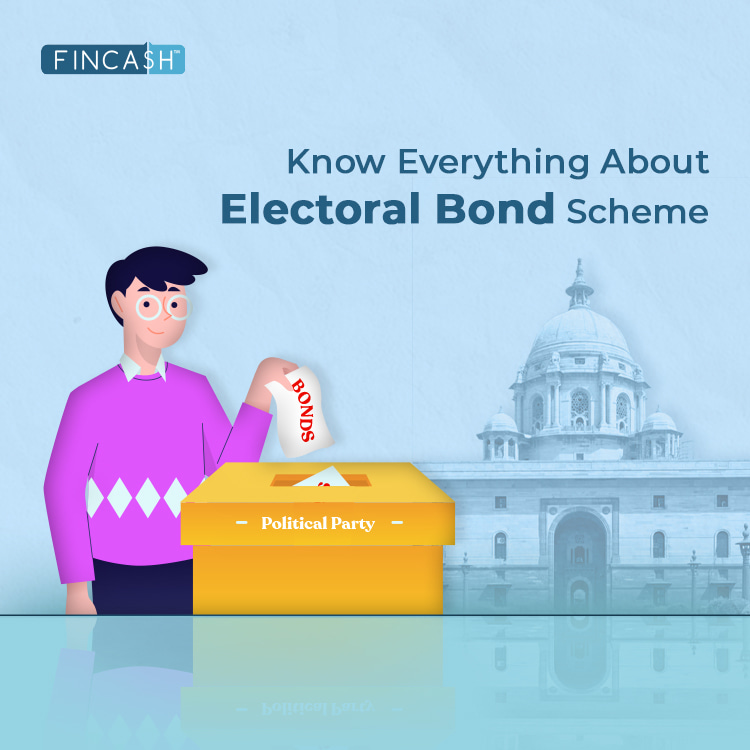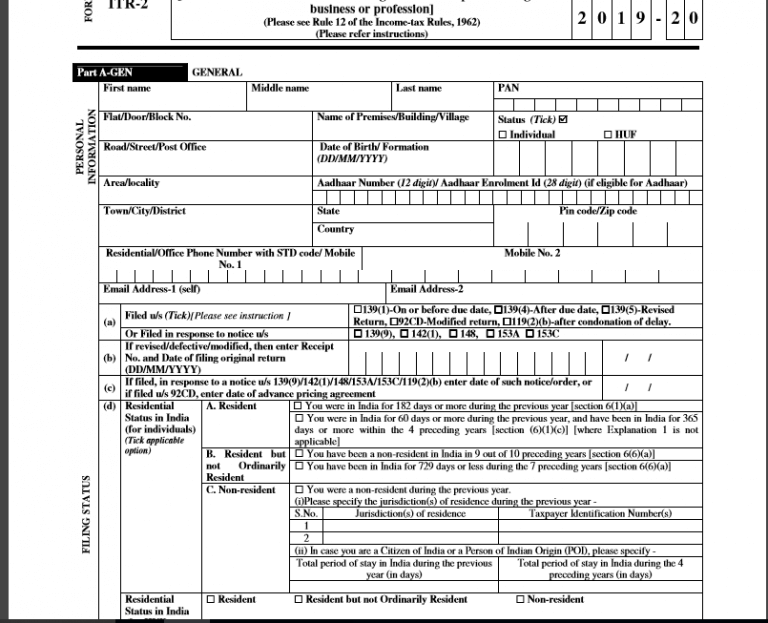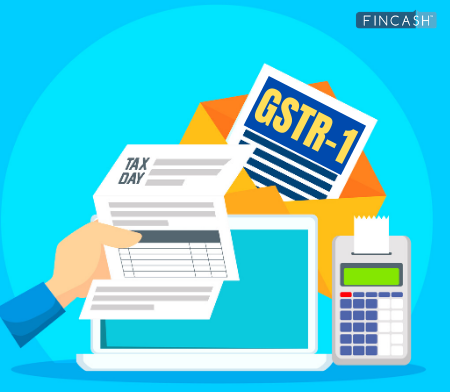
Table of Contents
- Latest Update
- What is an Electoral Bond Scheme?
- Features of Electoral Bonds
- Conditions of Electoral Bonds
- How Does the Electoral Bond Scheme Work?
- How to Use Electoral Bonds?
- How Do I Get an Electoral Bond?
- Electoral Bonds Advantages and Disadvantages
- Validity of Electoral Bonds
- Impact of Electoral Bonds on Political Funding
- What is the Issue of the Electoral Bond?
- How do Electoral Bonds Benefit the BJP?
- Who Is Challenging Electoral Bonds in the Supreme Court?
- SC Verdict on Electoral Bonds
- How Will Political Funding Work Now?
- Has SBI Submitted Electoral Bonds Data?
- What's Next?
- Conclusion
Everything You Must Know About Electoral Bonds
Electoral Bonds (EBs) represent a unique intersection of finance and politics, serving as a mechanism for funding political parties in India. Introduced in 2018 by the Government of India as a means to promote transparency and curb the use of Black Money in political funding, EBs have sparked significant debate and scrutiny. These financial instruments are essentially bearer instruments that allow individuals and corporations to donate funds to political parties anonymously.

Despite the intentions behind their introduction, these bonds have been criticised for their impact on transparency and Accountability in the Indian political landscape. In this post, let's look at the EB scheme, its conditions, how it works, and what criticism has come into the limelight recently.
Latest Update
Here are the top 10 donors to political parties:
- Future Gaming and Hotel Services PR - ₹1,368 crore
- Megha Engineering & Infrastructures Ltd - ₹966 crore
- Qwik Supply Chain Pvt Ltd - ₹410 crore
- Vedanta Ltd - ₹400 crore
- Haldia Energy Ltd - ₹377 crore
- Bharti Group - ₹247 crore
- Essel Mining & Industries Ltd - ₹224 crore
- Western UP Power Transmission Company Ltd - ₹220 crore
- Keventer Foodpark Infra Ltd - ₹195 crore
- Madanlal Ltd - ₹185 crore
What is an Electoral Bond Scheme?
The Electoral Bond Scheme 2018 was introduced on January 29, 2018, under the leadership of Prime Minister Narendra Modi's NDA government. An EB is a Financial Instrument utilised to contribute to political parties. Members of the public can issue these bonds to support qualified political parties. To be eligible for receiving electoral bond contributions, a political party must be registered under Section 29A of the Representation of the People Act, 1951. These bonds are similar to banknotes, as they are payable to the bearer without accruing interest and can be redeemed upon demand. Individuals or entities can purchase these bonds digitally or through traditional methods such as demand drafts or cheques.
Features of Electoral Bonds
Here are some essential features of electoral bonds:
Anonymity
A pivotal aspect of electoral bonds was their ability to ensure donor anonymity. When individuals or entities acquired these bonds, their identities remained undisclosed, safeguarding the political funding process from potential biases or external influences.
Legal Framework
Electoral bonds were introduced in India under the Finance Act 2017, with the government asserting that these bonds would enhance transparency in political funding by directing donations through banking channels. Nonetheless, critics voiced apprehensions regarding the opacity surrounding the origins of these funds.
Talk to our investment specialist
Parties Allowed to Receive Funding through Electoral Bonds
According to an official statement dated November 4, 2023, only registered political parties and those securing at least 1% of the votes cast in the most recent General Election to the House of the People or the Legislative Assembly of the State will be eligible to receive Electoral Bonds.
Denominations
Electoral bonds were offered in various denominations, spanning from ₹1,000 to ₹1 crore.
Conditions of Electoral Bonds
With EBs, some conditions should be adhered to, such as:
A registered political party registered and garnered at least 1% of the votes cast in the latest General or Assembly elections can receive electoral bonds. The Election Commission of India (ECI) will assign a verified account to the party through which all electoral bond transactions will be conducted.
Electoral bonds will not contain the donor's name, thereby undisclosing the donor's identity to the party receiving the bond.
How Does the Electoral Bond Scheme Work?
Any Indian corporate entity, registered organisation, or undivided Hindu family can issue electoral bonds by contributing funds to political parties eligible for campaigning. The Reserve Bank of India (RBI) has allowed only the State Bank of India (SBI) to issue these corporate bonds, available in denominations of ₹1000, ₹10,000, ₹1,00,000, ₹10,00,000, and ₹1,00,00,000. Electoral bonds remain valid for 15 days from the issuance date, regardless of denomination.
Political parties receive electoral bonds from both the public and corporations. They are required to approach the EC to report on the total electoral bonds received. For instance, individuals can issue bonds within ten days in January, April, July, and October. During an election year, the issuance period extends to 30 days.
Issuing electoral bonds offers several tax benefits. Donors receive additional tax advantages under the income tax Act, classified as tax-exempt donations under Section 80GG and Section 80GGB. Similarly, political parties receiving donations may also benefit under Section 13A of the Income Tax Act.
How to Use Electoral Bonds?
Utilising electoral bonds follows a simple procedure. You can obtain these bonds from selected branches of SBI. If you have a KYC-compliant account, you can procure the bonds and contribute to a political party or individual of your preference. Recipients of electoral bonds can redeem them through the party's verified account.
How Do I Get an Electoral Bond?
The availability of electoral bonds for purchase is limited to the first ten days of each quarter. Specifically, during the initial ten days of January, April, July, and October, individuals can purchase electoral bonds as designated by the government. Additionally, in the year of the Lok Sabha elections, the government will specify an extended period of 30 days to issue electoral bonds.
Electoral Bonds Advantages and Disadvantages
Jotted down below are the advantages and disadvantages of EBs:
| Advantages of Electoral Bonds | Disadvantages of Electoral Bonds |
|---|---|
| Electoral bonds are redeemed through a bank account disclosed by the Election Commission of India, enhancing transparency and reducing malpractice. | Critics contend that electoral bonds have been implemented primarily to restrict funding available to opposition parties. |
| The widespread utilisation of electoral bonds can restrain political parties focused solely on amassing funds from the public, as only registered parties achieving at least 1% of the votes in general elections are eligible for electoral funding. | Electoral bonds do not threaten financially stable companies; they encourage these companies to favour one political party over others. This inclination is further promoted by abolishing the limit on donating 7.5% of a company's annualised profits to a political party. |
| Electoral bonds align with the government's objective of ensuring secure and digitised election funding. Hence, donations exceeding Rs 2000 are legally mandated to be electoral bonds or cheques. | - |
| All electoral bond transactions are conducted through cheques or digital means, enhancing accountability and traceability. | - |
Validity of Electoral Bonds
It's crucial to recognise a significant aspect of electoral bonds: their expiration period. These bonds had a validity period of 15 days.
Impact of Electoral Bonds on Political Funding
Implementing electoral bonds revolutionised the process through which political parties acquired donations. Offering a legitimate avenue for contributions, these bonds emerged as a favoured donation method for numerous individuals and entities seeking to endorse political endeavours.
Under the electoral bond scheme, an electoral bond was a promissory note possessing bearer-like characteristics. A bearer instrument, as outlined by the Association for Democratic Reforms (ADR), lacks the name of the purchaser or payee, contains no ownership details, and presumes the instrument holder to be its rightful owner.
What is the Issue of the Electoral Bond?
Since their introduction in 2017, Electoral Bonds have faced significant criticism from opposition parties and other entities for undermining transparency in political funding. Critics argue that these bonds allow private entities to influence government decisions. Notably, the ruling party, the BJP, has been the primary beneficiary of donations through electoral bonds.
As per the Association for Democratic Reforms (ADR), a non-governmental civil society organisation focused on electoral finance in India, individuals and companies purchased Electoral Bonds worth ₹165.18 billion ($1.99 billion) up to November 2023. Since their inception, the BJP has issued bonds worth ₹120.1 billion, of which over ₹65.66 billion have been received. The sale of these bonds continued until the conclusion of the Fiscal Year in March 2023.
How do Electoral Bonds Benefit the BJP?
According to data from the ECI, the BJP emerges as the primary recipient of EB donations. Between 2018 and March 2022, 57% of the total donations via EBs, amounting to ₹52.71 billion (approximately $635 million), were directed towards the BJP. In contrast, the Indian National Congress, the next largest party, received ₹9.52 billion (around $115 million).
EB regulations stipulate that only the SBI can issue these bonds. Many argue that this setup ultimately grants unchecked power to the ruling government. EBs have also bolstered the BJP's electoral dominance. Critics contend that the disparity in funds received by the BJP and its closest competitor, the Congress, underlines the uneven playing field created by EBs. For example, in May 2023, during state assembly polls in Karnataka, the BJP and Congress went head-to-head. Disclosures submitted by both parties to the ECI revealed that the BJP spent ₹1.97 billion ($24 million), whereas the Congress's expenditure amounted to ₹1.36 billion ($16 million).
Moreover, the Modi government wields authority over the timing of EB sales. Although EB rules technically permit sales only in the initial ten days of each quarter—January, April, July, and October—the government disregarded these regulations, allowing donors to purchase bonds on the EVE of two critical elections in May and November 2018. This aspect forms part of an ongoing case before the Supreme Court.
Who Is Challenging Electoral Bonds in the Supreme Court?
In 2017 and subsequently in 2018, two Non-governmental Organisations (NGOs) —ADR and Common Cause—along with the Communist Party of India (Marxist)- filed petitions in the Supreme Court, urging it to abolish the EB system. After six years, the court has finally delivered its verdict in these cases, following months of hearings on petitions challenging the bond system, concluding in November 2023.
At that time, the court highlighted "serious deficiencies" in the EB scheme, describing it as creating an "information black hole" that "must be eliminated" due to its emphasis on opacity. However, this hasn't halted the widespread sale of these bonds. The most recent EBs were available for purchase from January 2 to January 11 2024, at 29 locations nationwide. This funding will likely constitute the majority of financial support for political campaigns leading up to the 2024 general elections.
SC Verdict on Electoral Bonds
On February 15, the Supreme Court invalidated the electoral bond scheme, citing its infringement on voters' right to information regarding the funding sources of political parties. Additionally, the apex court nullified amendments made to crucial laws on electoral financing, which were enacted after the scheme's introduction. While declaring the electoral bond scheme unconstitutional, the Supreme Court bench emphasised that the anonymous nature of electoral bonds violated the right to information guaranteed under Article 19(1)(a) of the Constitution. Furthermore, the bench instructed the SBI to disclose the details of contributions received by political parties through electoral bonds by March 6, 2024.
How Will Political Funding Work Now?
Parties can gather donations directly from individuals and companies, albeit within prescribed limits regarding value and anonymity. Additionally, donors can contribute to parties through electoral trusts, which aggregate and disburse funds. While these trusts must disclose the names of donors, and parties must declare the total amount received from such trusts, the disclosures do not establish a direct connection between each donor and a party.
Critics argue that parties can still divide larger donations into smaller sums of less than Rs 20,000 to conceal their donors' identities and use cash payments to bypass election expenditure constraints.
Has SBI Submitted Electoral Bonds Data?
Yes, on March 12, the SBI submitted details of the Centre's controversial Electoral Bonds to the Election Commission of India, per a Supreme Court order. The EC is set to release the data by March 15. The Supreme Court had instructed the SBI to furnish information to the EC following the correlation of donor data with political party affiliations.
What's Next?
The Election Commission is set to publish the data on its website. The poll panel's release of electoral bonds data gains significance as it precedes the 2024 Lok Sabha elections. The information provided to the EC by SBI comprises details such as the date of purchase of each electoral bond, the names of the purchasers, and the denomination of the bonds purchased. While most details about electoral bond Redemption are accessible to the public, donor data remains concealed due to the scheme's anonymity feature.
Conclusion
The electoral bond scheme has been intensely debated and scrutinised since its inception. While proponents argue that it provides a legal and transparent mechanism for political funding, critics express concerns about its potential to undermine transparency and accountability in the electoral process. Moving forward, there is a pressing need for a comprehensive and inclusive dialogue to address the shortcomings of the electoral bond scheme and ensure that the principles of transparency, fairness, and integrity are upheld in India's electoral system.
All efforts have been made to ensure the information provided here is accurate. However, no guarantees are made regarding correctness of data. Please verify with scheme information document before making any investment.
You Might Also Like












